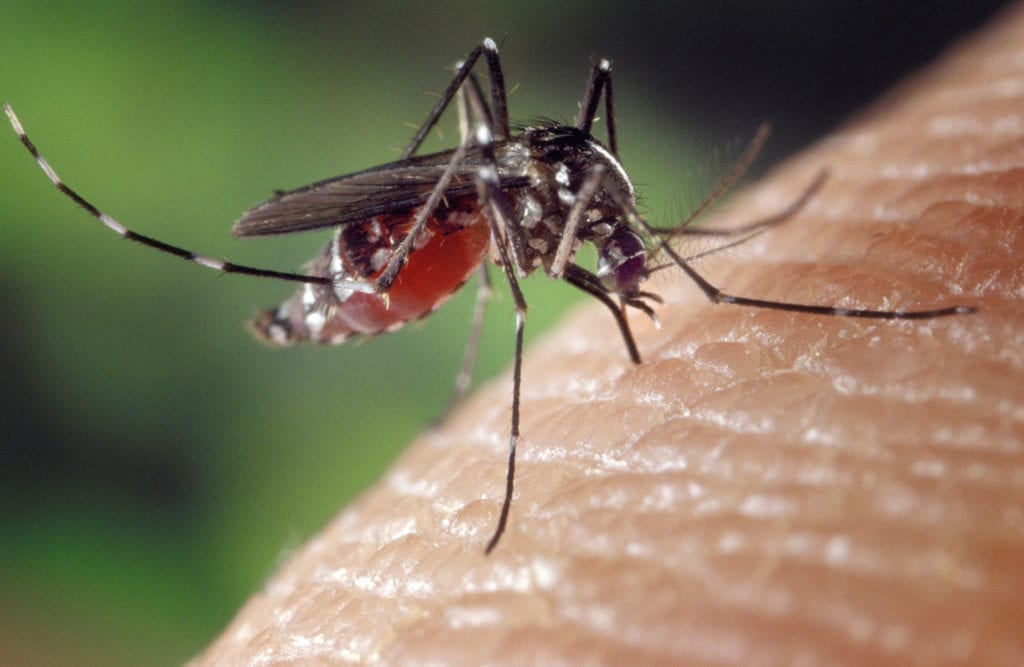New findings are coming from a recent study led by researchers at the Journal of the American Medical Association (JAMA) that could have long-term implications for Zika Virus research. Evidence showed that Zika Virus contraction is a potential catalyst and risk factor to rare autoimmune disorder Guillain-Barré syndrome (GBS).
The study, conducted in San Juan, Puerto Rico, compared symptoms and acute illness factors from 39 confirmed GBS patients and control groups. There existed a statistically significant correlation between not the disease rates themselves, but also cited that “acute Zika Virus infection” and “any evidence of Zika Virus infection” signify a markedly higher risk for Guillain-Barré syndrome.
Since December 2015, countries affected by the Zika Virus have reported a greater diagnosis rate of GBS as well, but it was not until recently that the CDC and JAMA-funded research team, led by Emilio Dirlikov, Ph.D, formalized the research.
“The results of this study will contribute to our global understanding of Zika virus, made possible through a strong collaboration between PRDH, CDC, and UPR, as well as healthcare providers, patients and their families, and communities across Puerto Rico. CDC responds to and reduces the impact of global health threats, such as Zika virus, through partnerships with countries, including within the Caribbean,” said Dirlikov.
Despite the study’s unreliably small sample size, the team hopes to bring awareness to the disease correlation to strengthen prognosis and treatment procedures.







